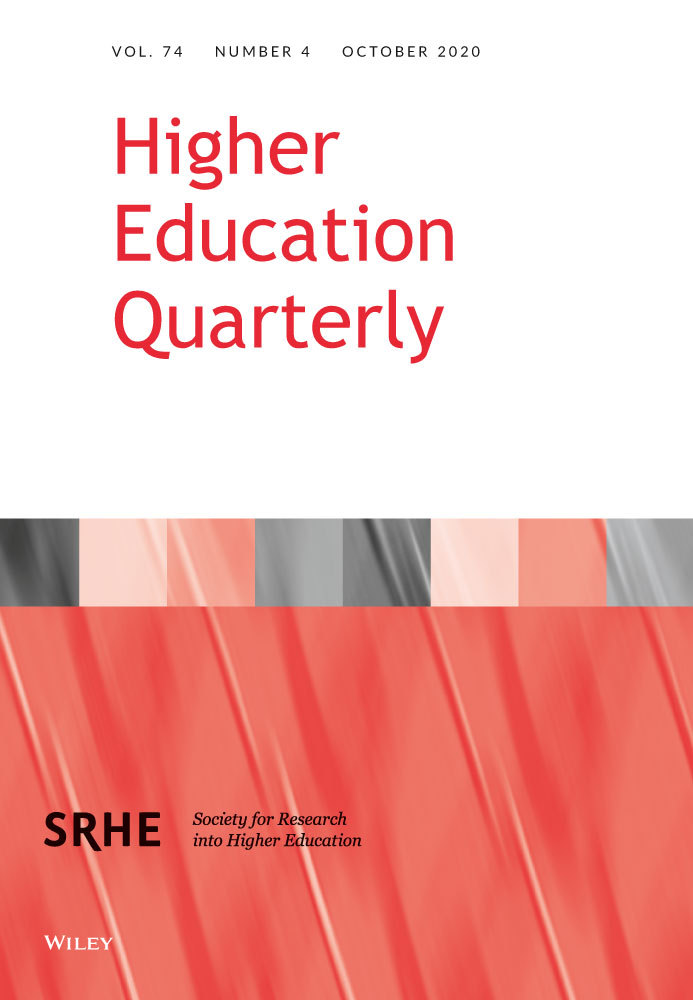Nurturing female leadership skills through peer mentoring role: A study among undergraduate students in the United Arab Emirates
Abstract
enNurturing students’ leadership is a crucial element in the twenty-first century due to its effects on their personal growth, well-being and self-awareness. Peer mentoring programmes promoted students’ confidence levels and provided leadership development opportunities for them. The majority of peer mentoring studies often looked into the positive outcomes of mentoring on mentees rather than on mentors. Through semi-structured interviews, this study sought to explore the impact of peer mentoring role on female mentors’ personal development and leadership practices in one university in the United Arab Emirates. Most participants viewed the mentoring role as the driving force behind their improved academic, personal development and career-related skills. The peer mentoring experience offered a great personal and psychosocial support to female mentors. Involvement in peer mentoring enhanced mentors’ well-being and their attachment to their learning environment. Mentors’ professionalism and sense of responsibility grew, and they gained experiences and skills that may help them in their future career. This study aimed to inspire female students to be future leaders who can positively contribute to their communities. It strengthened arguments for implementing peer mentoring programmes in universities.
نبذة مختصرة
arلقد اصبحت تنمية القدرات القيادية لدى الطلاب عنصرًا أساسيًا في القرن الحادي والعشرين، وذلك نظرًا لتأثيرها الايجابي على نموهم ووعيهم الذاتي. اثبتت برامج الارشاد دورها في هذا الشأن وعززت مستويات الثقة بالنفس لدى الطلاب كما وأنها وفّرت لهم فرصًا لتنمية مهاراتهم القيادية. ولكن غالبًا ما نظرت الدراسات على النتائج الإيجابية لدور الإرشاد على المرشدين. لذلك ومن خلال مقابلات فردية، سعت هذه الدراسة إلى استكشاف الدور الإرشادي على تنمية الممارسات القيادية للمرشدات في إحدى الجامعات في الإمارات العربية المتحدة. اعتبرت غالبية المرشدات المشاركات في هذه الدراسة دورهن بكونه القوة الدافعة وراء تطوير مهاراتهن الأكاديمية والشخصية والمهنية. كما قدمت تجربة الإرشاد دعمًا شخصيًا ونفسيًا كبيرًا للمرشدات. وعزز دور الارشاد سعادة المرشدات وتعلقهن ببيئتهم التعليمية ونمىّ لديهم الاحترافية والإحساس بالمسؤولية واكتساب الخبرات والمهارات التي قد تساعدهم في حياتهم المهنية. كما هدفت هذه الدراسة إلى نشر الوعي لدى الطالبات ليكونوا قادة المستقبل اللواتي يمكن أن يسهموا بشكل إيجابي في مجتمعاتهم.




